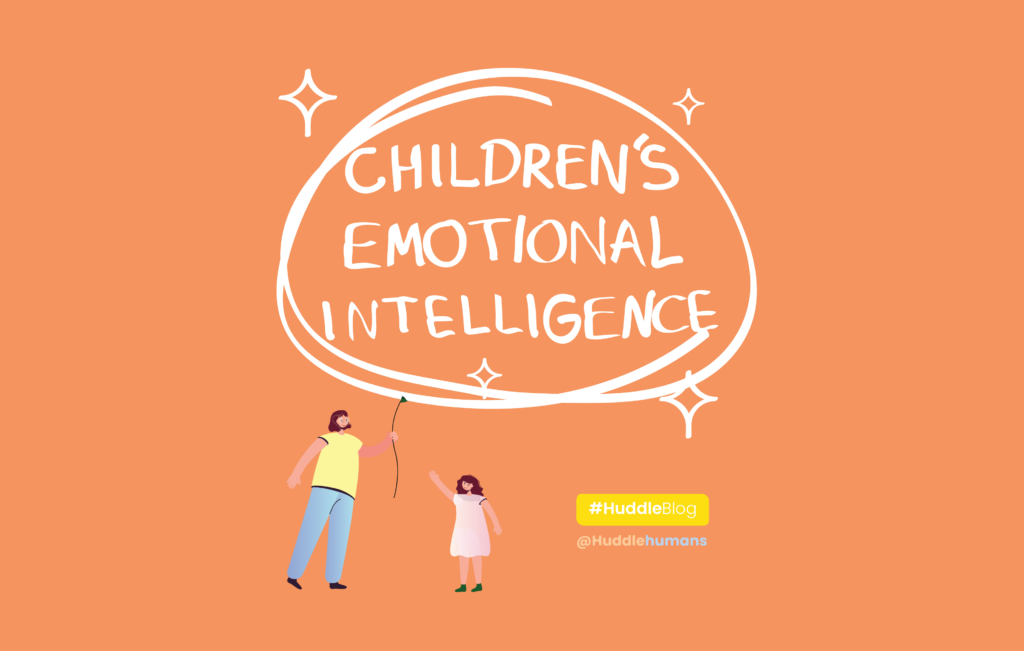Everyone is given only one chance to be a parent and this also means that not everyone is going to get it right. But every parent tries their best and will only do what they think is best for their child. Our parents come from a time where there was a lot of struggle to survive and to make a living. Therefore, their mentality for most of their life is protective, defensive and practical. Whatever it takes to guarantee our survival. There were little to no emphasis on building emotional intelligence. They were taught to toughen up, have a good education, build a career and be successful. Stress and depression are known to be a sign of weakness and the world cannot see that we have such emotions. It needs to be suppressed. What happens is that they have brought this mentality into the household, creating a space that doesn’t allow for emotional intelligence or awareness to emerge. Children are highly intuitive and malleable beings. Growing up in such an environment stunts the growth of their emotional well being. To this day, a lot of parents still hold on to these outdated outlooks on life that they lack the capacity to open up to any alternative perceptions. On top of that, they are human beings too and they face all sorts of silent battles within their own life.
A child’s struggles may easily go unnoticed. All that may paint a gloomy perspective but the fact that we are now seeing more and more media coverage and campaigns surrounding parenthood concerning such emotional trauma indicates that we are at a point of inflexion. The narrative is shifting from asking “Why is?” to “How to?”. This is a sign of hope that we are awakening to the idea of EQ (emotional quotient) being equally important as IQ (intelligence quotient). Our brain is built to be highly plastic and so there is no limit to how much we can expand our perspectives. Parents have the responsibility to provide a safe space for their child’s physical and emotional needs. But most parents are left either ruminating on their lack of knowledge or resisting the idea of learning how to deal with their child’s emotional needs due to the fear of having to confront the situation.
Attending to a child’s physical needs is usually more familiar than emotional needs. But there is no need to overcomplicate things because the same approach can be adapted to emotional needs. When a child goes to their parent about a physical ailment, this is usually what the parent would do.
- Assess the child’s physical conditions and ask about their symptoms
- Ask the child to elaborate and process what could have caused such physical symptoms
- Do I as a parent have any prior experience to treat these physical symptoms
- If no, find out which doctor can help with the condition
- In the meantime, how can I as a parent help reduce their physical pain?
In the context of approaching the mental needs of a child, all we need to do is replace the word “physical” with “emotional”. Regardless of the roles we play in life, be it, parent or child, all we need is validation and to feel heard. It is the innate need for comfort and to know that it is okay to feel this way and that there is always hope.





